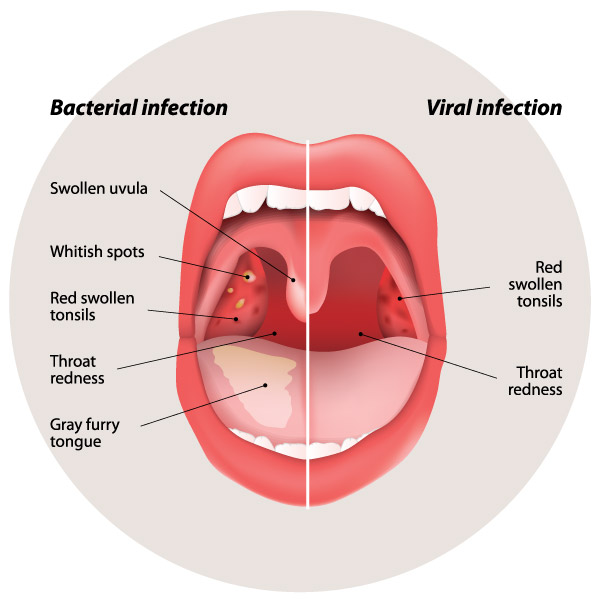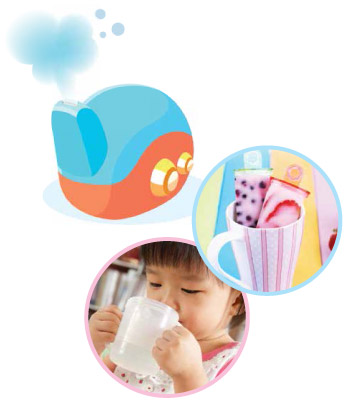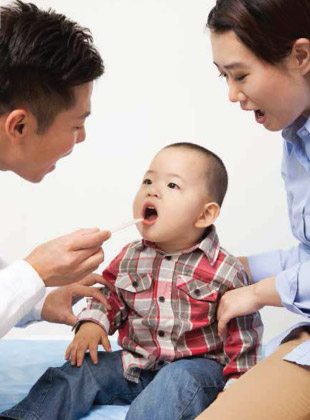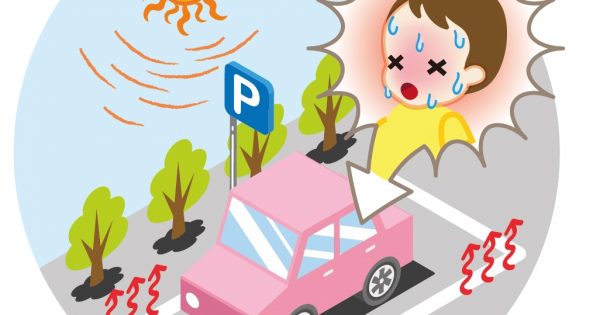Children and sore throats are a common problem that parents have to face. It does not discriminate based on age, so you need to learn how to deal with this condition.
The first thing to remember is that sore throats are usually the first signs of another illness, such as the common cold or other acute respiratory infections (ARI). Most sore throats are caused by viruses, e.g. the rhinovirus in the common cold. It may also be caused by a bacteria, e.g. Group A streptococcal throat infection (strep throat). Other causes include allergies, irritation from smoking, pollution and dry air. Regardless of the cause, you will need to stay alert for the signs and symptoms in your child, which include:
- Babies who refuse to eat or cry during feedings
- An unexplained fever
- Sneezing, runny nose and coughing
- Swollen glands on his neck
- Redness (due to inflammation) in his throat or at the back of his mouth
- Bad breath
- A child that complains of
- painful throat
- scratchiness in the throat
- difficulty talking, eating, or swallowing

What should you do
The first thing to do is to determine the severity of your child’s condition. If it is mild, you may try the following to help alleviate his suffering:
- If he is older than six months, you can give him a cool drink or a frozen popsicle to suck on. Do avoid giving him any citrus juices as these can aggravate his throat.
- Keep him well hydrated – while it may hurt to swallow, he needs plenty of fluids, especially if he has a fever. If your baby has trouble swallowing, try adjusting his feeds into smaller amounts given more frequently.
- Use a mist vaporiser or humidifier to moisten the air in your child’s room. This will prevent his throat from drying out when he sleeps. However, you will need to ensure that any filters in these equipment are kept clean to prevent germs from breeding.
- If your child is older, let him gargle with salt water as it will help to alleviate the pain in his throat. Alternatively, he can suck on lozenges to help soothe his throat and temporarily numb the pain.

However, if the condition is bad or is not improving, then take him to see his GP or paediatrician immediately. Other signs and symptoms that indicate a visit to the doctor is warranted include:
- He has problems swallowing or breathing
- Lasts longer than 1 week
- Excessive drooling
- The back of his throat has pus covering it
- Blood in saliva or phlegm
- He is dehydrated, e.g. dry mouth, more sleepy or tired, fewer wet diapers, lethargy
Antibiotics are only needed if the doctor diagnoses a sore throat due to a bacteria, e.g. strep throat. A sore throat caused by a virus or irritation from the air will not benefit from antibiotics. Most sore throats will improve on their own within 1-2 weeks.
Take preventive action
These are some important personal hygiene habits that you should teach your child:
- Regular hand washing – helps prevent many contagious infections. Make sure you do the same!
- No sharing of food, utensils, and cups/glasses with other children/adults, especially if that person is already sick or has a sore throat.
- Avoid or minimise his contact with people who have colds or other ARI.
- Avoid exposure to smoke.
An educational contribution by Malaysian Paediatric Association.







Comments